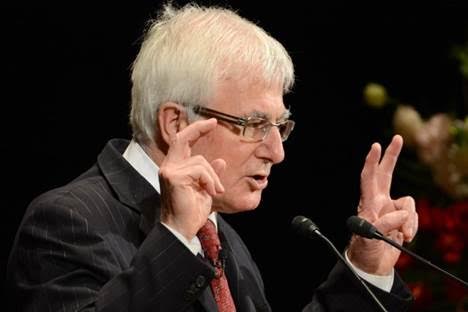Last weekend, negotiations for the Trans-Pacific Partnership Agreement (TPPA) broke down. Representatives from 12 Pacific nations had met in Hawaii for negotiations that aimed to create the biggest trade agreement ever. For anti-TPPA activists, this delay is a welcome break. But the trade deal is far from finished. The delay is an important opportunity to up the ante in local resistance to the deal. Looking at how and why the talks have stalled can help to understand its political implications locally, and points towards the resistance that will be necessary to defeat it for good.
Why have the talks stalled
In Aotearoa/New Zealand, the grassroots opposition to the TPPA focuses on issues that will affect the majority of working people:
- The TPPA will lead to increased costs to important necessities such as medicines
- The TPPA strengthens the power of international corporations. Democratic processes to regulate against corporations via environmental, health or labour laws are undermined.
These factors will hurt working people in Aotearoa/NZ – but that is not why the NZ government has yet to sign off on the TPPA. For John Key’s government the problem is access to dairy markets. Major countries such as Canada and the US are so far seeking to keep protections for their dairy industries. In New Zealand, dairy is a major industry, and milk a major export. Access to valuable dairy markets in North America is the key gain that the NZ government wants out of the deal, and they are now bargaining hard to get it.
Why this matters
Understanding this helps activists in three ways.
Firstly, this shows who government is working for, and what it hopes to achieve. Some activists have struggled to understand why the NZ government would have anything to do with a deal that will leave the majority of Kiwis worse off. Some then resort to conspiracy theories. John Key is not the puppet of a shadowy new world order based in the US – he represents the very visible rich and powerful at home. This rich and powerful class is happy to sell out ordinary kiwis, if it means they can make more money overseas.
Secondly, this shows that those standing against the TPPA have friends and allies. For the wealthy farmers in NZ, the prize in the TPPA would be the ability to undercut the dairy industry in North America, which could destroy many farming communities there. The NZ dairy mafia in Fonterra have no right to get rich at the expense of farming communities abroad (in the same way they don’t have the right to do it at the expense of the environment at home). These farming communities across the waves in the Americas can be friends and allies in fighting this trade deal – but only if TPPA opponents are focused on the TPPA as a whole and not caught behind the ‘national interests’.
Opponents of the TPPA will only be able to work together with these allies if we keep our focus on the trade deals for the rich. In each of the 12 nations involved in the TPPA negotiations there will be winners. It might be mining magnates from Australia, or manufacturers in South Korea. But in each country, working people will lose.
Finally, it shows how the TPPA can be beaten. The problem is not that the powerful don’t understand. The TPPA will not be stopped by good arguments alone. Powerful people in New Zealand understand the TPPA, and they want it to happen because it can make them richer. The only thing that can stop this money power – is people power. The same ordinary working people who will lose out are the ones who keep the system running. Mobilising popular power can create a political and economic force that can overcome this trade deal, in the same way other treaties have been overcome in the past (for example ANZUS re nuclear ships). This won’t take just rally or petition, and cannot be just through the election of establishment parties, but has to be sustained, vocal and militant. Rather than negotiating a better deal for NZ capitalists, we must reject the TPPA wholesale.
The TPPA NZ Week of Action will be held from the 8th-15th of August. For information on local actions see itsourfuture.org.nz


